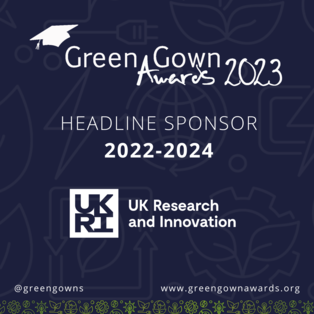EAUC
The EAUC is the Alliance for sustainability Leadership in Education, championing good practice for the environment across universities and colleges. Run by members, for its members, the EAUC seeks to drive sustainability to the heart of further and higher education. With a growing membership of university, college and learning and skills providers in the UK, the EAUC delivers tailored services and resources that add value and offer exclusive information and tools on a number of topics and projects.
Benefits of belonging
The Member services and resources are to inspire and assist sustainability professionals in their professional roles, as well as campaign for paradigm and policy change by individuals, institutions and governments.
People are central to the EAUC's work. For them, the organisation maintains networks of over 8000 sustainability professionals ready to engage in dialogue. The EAUC disseminates information and resources via newsletters, websites, social media, and its events to lead the way on project management, teaching, and operations across the sector to bring about tangible change. To meet the need for specialist learning and information sharing, the EAUC also runs a range of Communities of Practice that encourage focused and efficient networking.
The Sustainability Exchange is one of the many pioneering projects delivered by the EAUC.
The EAUC has two primary membership types:
Email us or call a member of the team on 01242 714321 for more information.






 Except where otherwise stated, content on this site is
licensed under a Creative Commons Attribution 3.0 License.
Except where otherwise stated, content on this site is
licensed under a Creative Commons Attribution 3.0 License.
